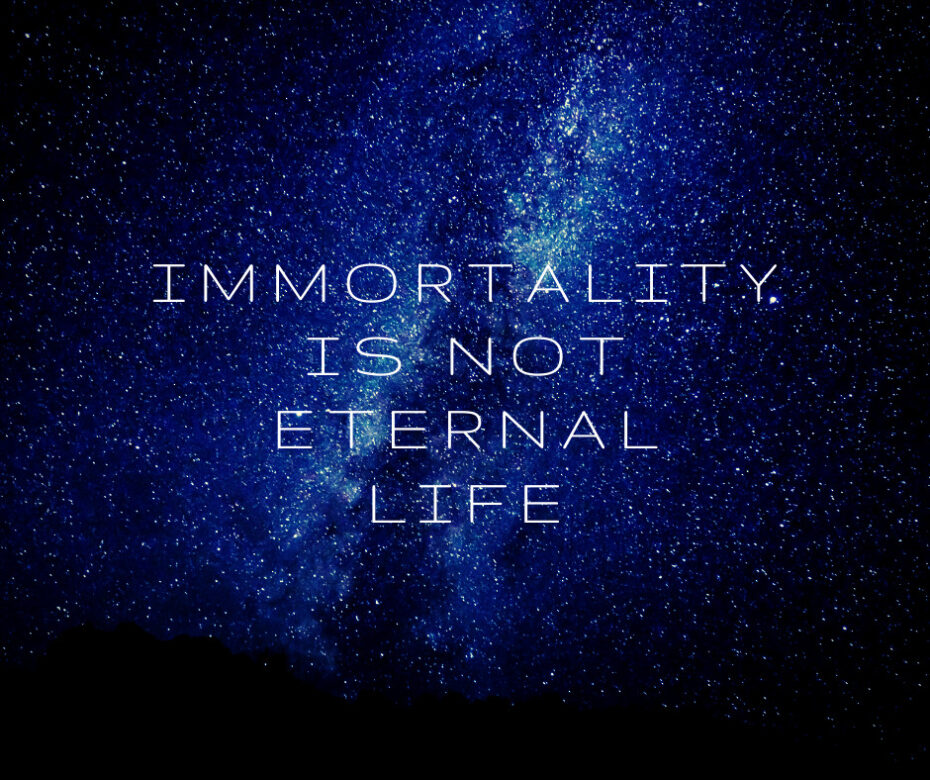Free Grace Theology impacts the issue of final punishment. The question is, what happens to unbelievers after the Great White Throne Judgment?
One way that Free Grace makes a difference is relatively subtle. We emphasize that, according to Jesus’ promise, believers have eternal life as a present possession (John 3:16, 36; 5:24; 6:47). Believers do not hope to get eternal life sometime in the future; we “have” everlasting life right now. And yet—here’s the critical point—we still die physically. When you die, your body goes into the grave, and your soul goes to be with the Lord (or, for unbelievers, they go to the grave and to Hades). Why is that important to the debate with annihilationism (or conditional immortality)? A. J. Pollock (1864-1957) explains:
A mistake common to all conditional immortality teachers is that of confounding eternal life with immortality. They teach that they are convertible terms. Scripture says, “The gift of God is eternal life through Jesus Christ our Lord” (Rom 6:23).
A leading Conditional Immortality writer says, “Immortality is the gift of God in Christ our Lord, but is not a universal possession of man.” But the believer in Christ has eternal life now. If eternal life and immortality are convertible terms, as many teachers of Conditional Immortality say, then it follows that believers in Christ, who have eternal life now, have immortality now, and therefore cannot die. But they do die! (A. J. Pollock, Hades and Eternal Punishment, p. 34).
I was glad to come across Pollock’s simple point because I’ve observed the same mistake in my discussions with modern annihilationists. They, too, think that eternal life is immortality. And based on that error, they go on to reason that, since only believers have eternal life/immortality, therefore unbelievers will cease to exist after the Great White Throne Judgment. But, as Pollock shows, that idea wrongly confounds eternal life with immortality.
Unbelievers show that you can lack eternal life and yet still exist now. And, if I understand Scripture correctly, if they die never having believed in Jesus, they will exist without eternal life forever and ever.


